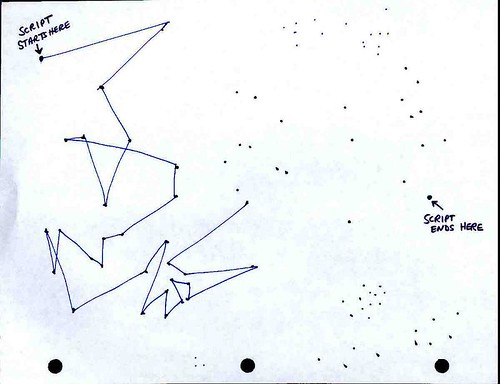I'd figure I'd ask allot of talented guys & gals here a simple question.
Ok, as for me, I have ZERO writing skills, but I have a folder on my computer which is filled with "treatments", just idea after idea.. even a begining middle end, but all very vague. No scenes with dialogue!
I don't know how to actually go from all my scene treatment ideas into Scene #1.... and characters start well talking back and forth
any pointers? It's like the only thing that has held me back from making a film. I have like a million ideas, scenes, genres... but I can't write at all.
Help please
How do you do it? I have the Celtx. and I just look at the blank white page and Ive never gone past it. But now I am going too!
After I get draft one done. How if it sucks, but lets say it has a structure and flow... (not here - im not asking this or starting this topic to ask) Because its something I have to learn and need to learn
BUT how/where can I get a better writer rewrite my script?? Is there a site, is there place where I can get a writer for free or not allot of money...
I am going to make the script into a film.
Just asking, kind of new and again I see you guys/gals know more then I do.
Thanks for the help!

Ok, as for me, I have ZERO writing skills, but I have a folder on my computer which is filled with "treatments", just idea after idea.. even a begining middle end, but all very vague. No scenes with dialogue!
I don't know how to actually go from all my scene treatment ideas into Scene #1.... and characters start well talking back and forth

any pointers? It's like the only thing that has held me back from making a film. I have like a million ideas, scenes, genres... but I can't write at all.
Help please

How do you do it? I have the Celtx. and I just look at the blank white page and Ive never gone past it. But now I am going too!
After I get draft one done. How if it sucks, but lets say it has a structure and flow... (not here - im not asking this or starting this topic to ask) Because its something I have to learn and need to learn

BUT how/where can I get a better writer rewrite my script?? Is there a site, is there place where I can get a writer for free or not allot of money...
I am going to make the script into a film.
Just asking, kind of new and again I see you guys/gals know more then I do.
Thanks for the help!





